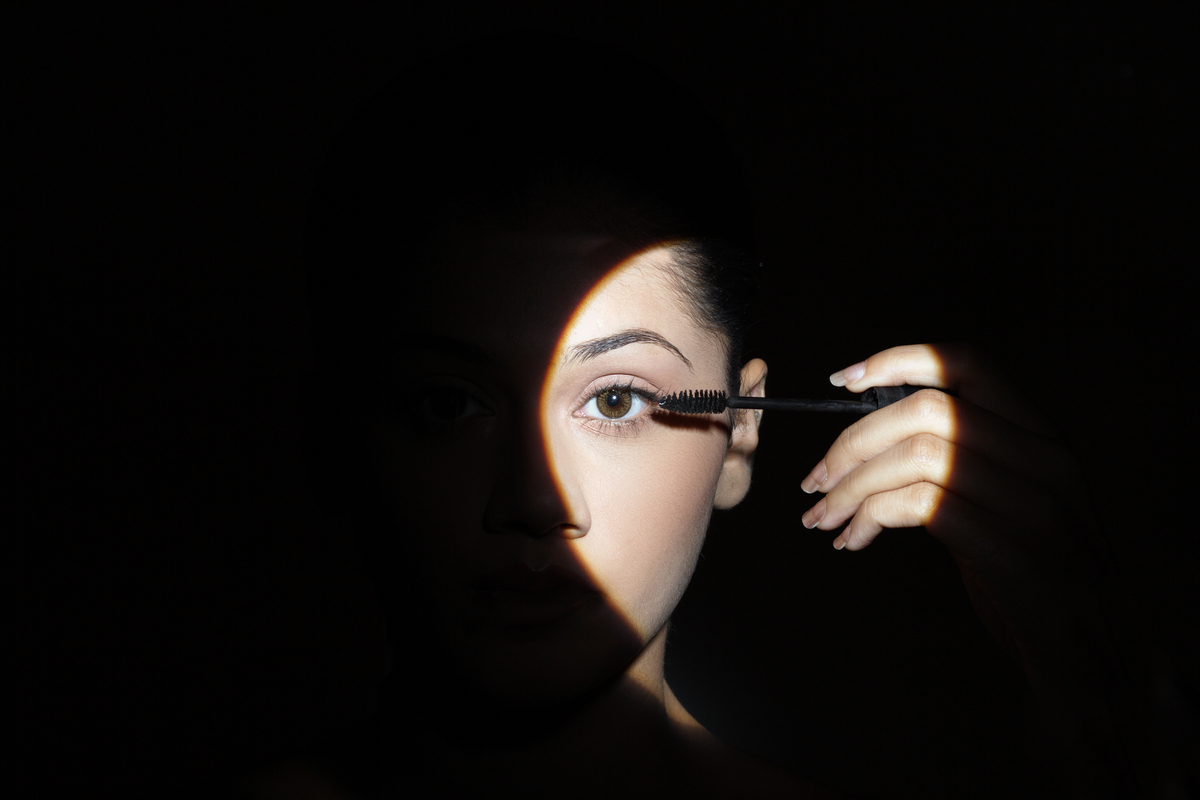The bigger picture
Will the UK beauty industry be affected by a recession in 2023?Although the UK isn’t in an official recession, consumers feel the impact of inflation acutely — the CPI in the UK is currently at 9% and people are certainly feeling the pinch. NIQ’s recent Consumer Outlook* study found that 55% of the UK population feel financially worse off than they did this time last year.
Although some consumers are turning to cosmetics for the affordable luxury factor, growth in the category as whole is slow. During the last six months, cosmetics unit sales decreased 0.3%, but increased +2.1% compared to last year’s sales. As with most CPG categories, we are seeing inflation-related sales growth, however, this has also slowed (+8.6% in the latest 52 weeks to +7.4% in the latest 24 weeks).

Want more UK beauty insights?
Get more exclusive insights on beauty buying behaviors and attitudes from the UK Beauty Spending Outlook 2023 – Save or Splurge.
Here’s where it gets interesting
As with most FMCG categories, cosmetics did see inflation in the last year, with price per unit increasing 6.5%. However, the price increases in cosmetics are significantly lower than the double-digit price increases in food and other household categories.
But consumers’ perceptions don’t match the numbers — in a NIQ’s recent UK Beauty Spending Outlook survey, 27% of consumers reported that they felt beauty prices had increased more than other grocery household categories — demonstrating an opportunity for manufacturers and retailers to rethink how they communicate offers and discounts so shoppers can clearly see the value.
The future of beauty
There is no doubt that consumers are feeling the effects of high inflation and plan to reduce their spend on beauty in 2023 overall — 40% say they will reduce spending on beauty products in 2023.
However, we are seeing signs that certain cosmetics — particularly “natural” beauty products — will keep their places on consumer shopping lists. Manufacturers and retailers will need to keep close tabs on consumer attitudes in 2023 as inflation continues to linger.
*Sources: NIQ RMS Scantrack Syndicated HBPC, Total Coverage excl Discounters, last 52 weeks and last 26 weeks W/E 18.02.23

Ready to take the next step?
Book a consultation session with our NIQ Beauty Team.



